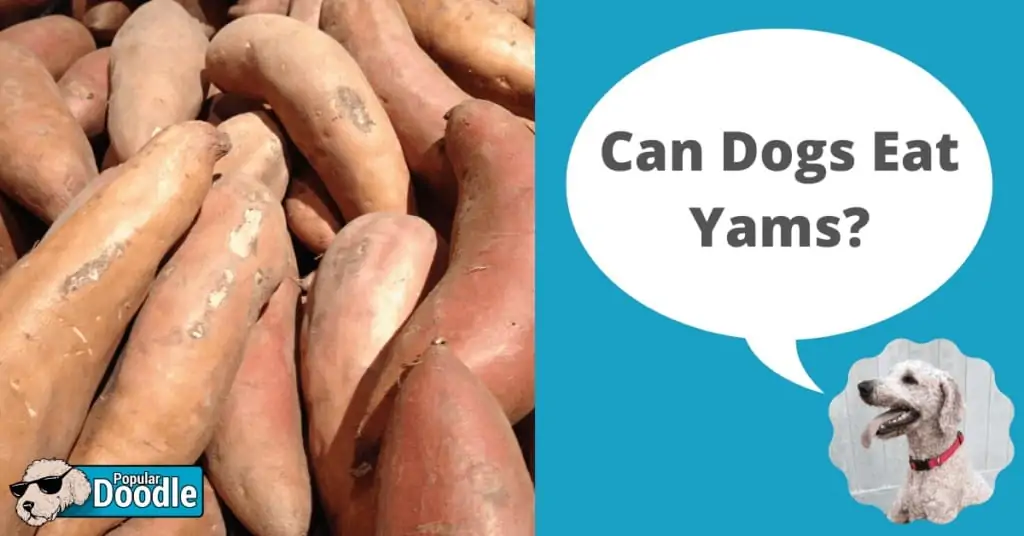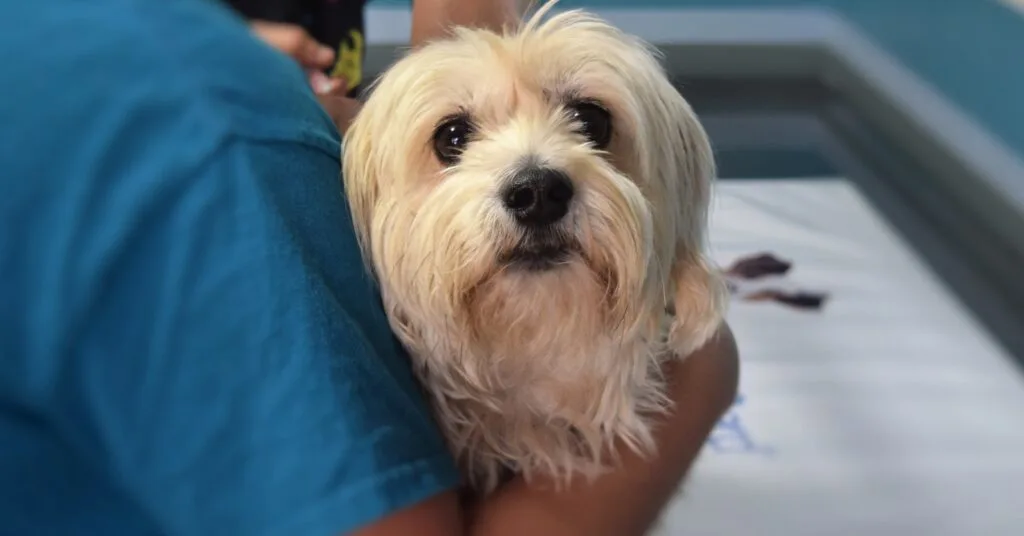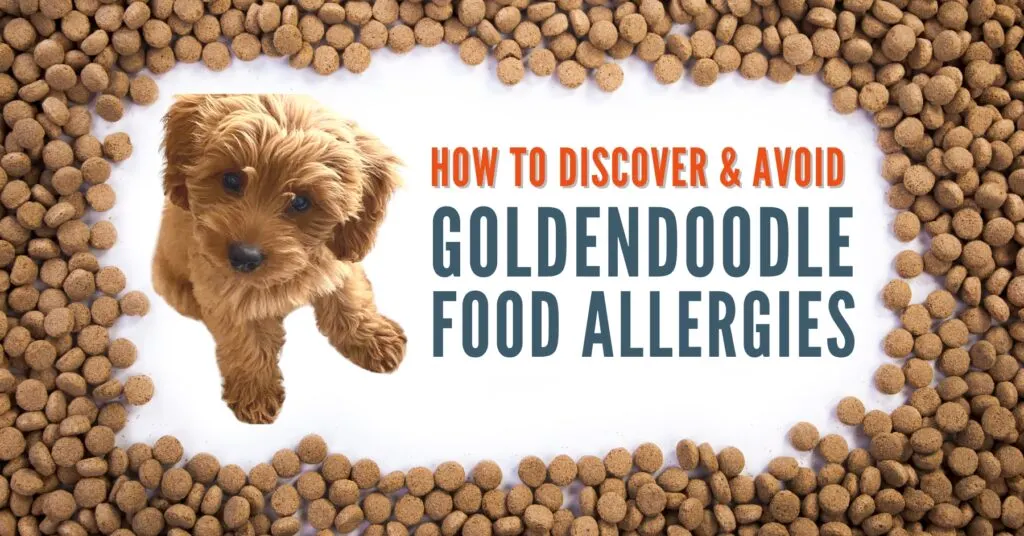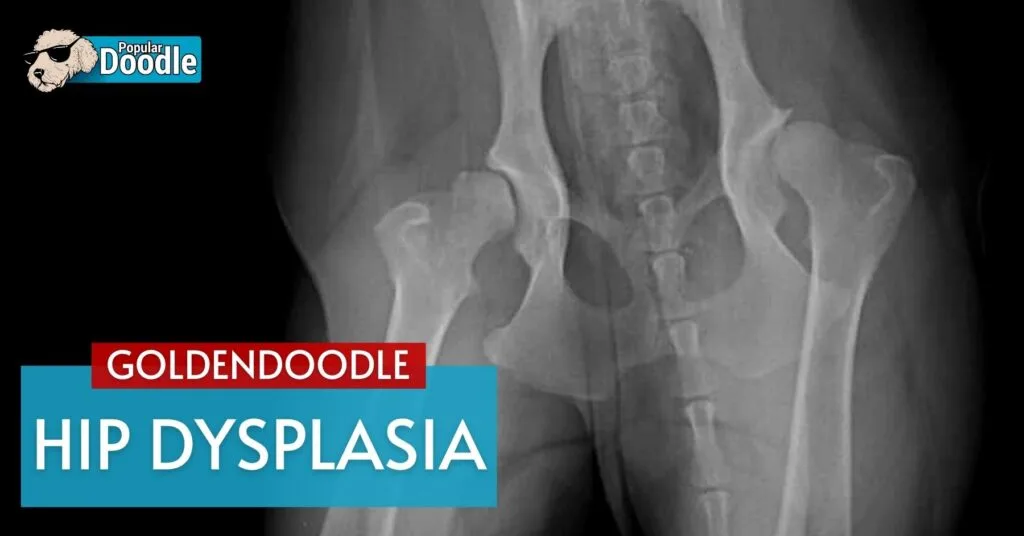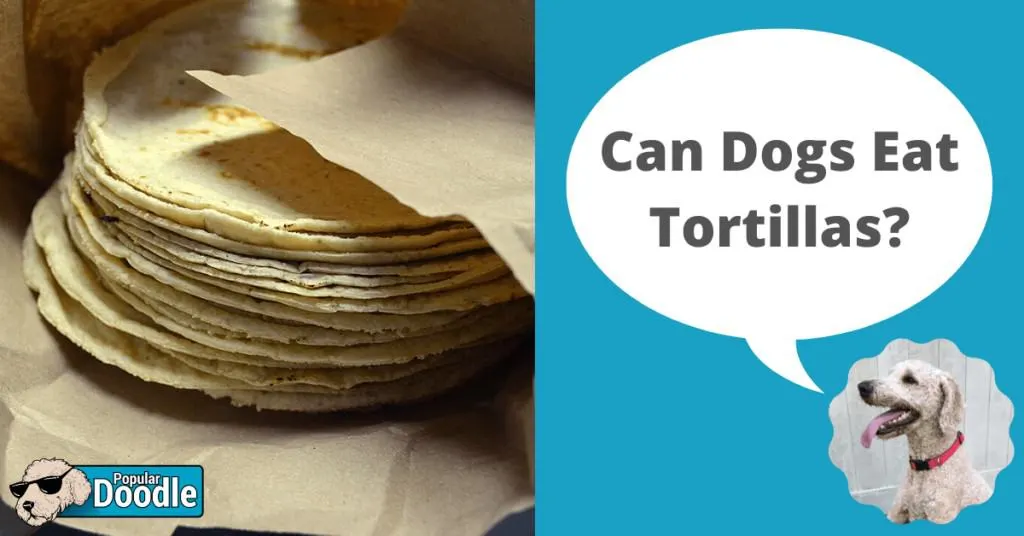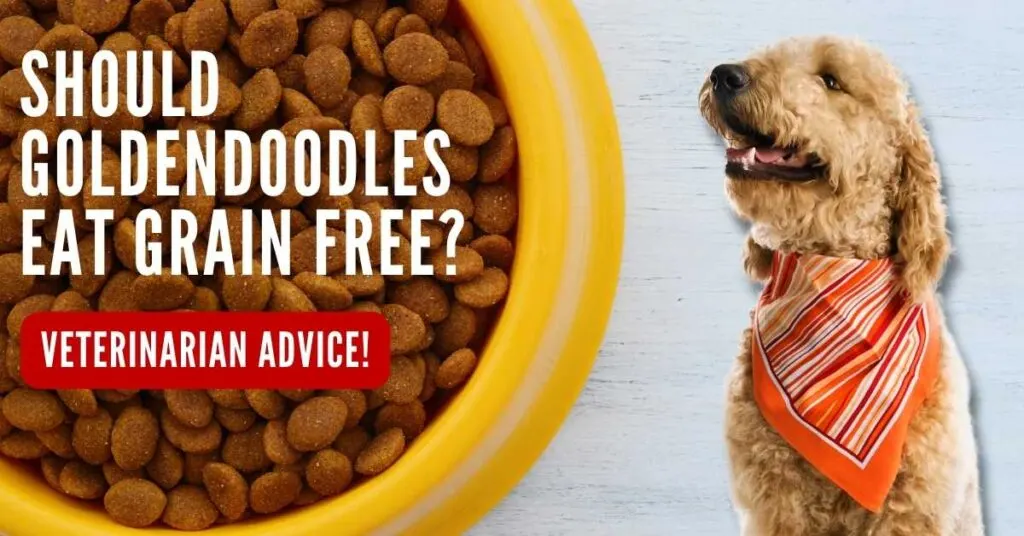
Grain-free or BEG (boutique, exotic, grain-free) diets are formulated with other sources of carbohydrates, such as potatoes, lentils, peas, quinoa, or sweet potatoes. While many Goldendoodle owners think that it’s healthy and natural for dogs to be on grain free diets, the diet is not without its downsides.
Some veterinarians recommend a grain-free diet for Goldendoodles with allergies. However, recent developments have led many experts to question the nutritional and health benefits of Goldendoodles eating grain free dog food.
Grain free diets have recently come into scrutiny as veterinary cardiologists noticed an increase in the incidence of taurine deficiency-related canine dilated cardiomyopathy (DCM) in dogs that are on a grain-free diet. In fact, the FDA and many veterinary institutions are now investigating if there is indeed a connection between the occurrence of DCM and grain-free formulas.
Should Goldendoodles Eat Grain Free?
You should only feed your Goldendoodle a grain free diet if your veterinarian has recommended it due to a health issue or other extenuating circumstance.
The reason for this is because experts have recently noticed an unprecedented increase in dilated cardiomyopathy (DCM) cases, a progressive form of heart disease, in many breeds of dogs that have been eating grain free dog food. Golden Retrievers, a close relative of Goldendoodles, top the FDA’s list of the highest number of DCM cases associated with grain free diets.
Have a question for a vet? Click here to live chat instantly with a verified veterinarian!
Is a Grain Free Diet GOOD for Goldendoodles?
The quickest answer to this question is “yes” and “no”. The nutritional needs of Goldendoodles are based on several important factors that include the following:
- Life stage (newborn, juvenile, adult, senior)
- Health status
- Physiological state (pregnancy, lactation)
- Activity level (guard dogs, agility dogs, hunting dogs, racing dogs, show dogs, working dogs, etc.)
- Percentage of Golden Retriever vs Poodle DNA
- Gender (intact, spayed, or neutered)
- Body composition
- Stress
A veterinarian may place your Goldendoodle on a grain free diet if the results of a comprehensive medical exam show that your pet is suffering from a health issue and would benefit from switching to a diet that doesn’t have any type of grain in the ingredients. In this case, your Goldendoodle may be placed on a grain free diet for a specific length of time until the problem is addressed or corrected.
Goldendoodles that are used as working dogs may also benefit from eating a grain free diet. A 2019 study evaluated the nutrient digestibility of grain free diets for dogs during training work. The results showed that the grain-free diet appears to be more suitable for these dogs not only because their training work requires increased nutrients and energy, but also due to the gastrointestinal disorders associated with stress from work and living in kennels.
Is Grain Free Dog Food BAD for Goldendoodles?
Feeding your Goldendoodle grain free food should only be done after consulting with your veterinarian. Grain free dog food may not be ideal for all Goldendoodles, but it may provide some benefits to those diagnosed with certain health issues, such as allergies to grains.
Many popular grain-free diets tend to be higher in calories compared to diets that contain grains. This can increase a Goldendoodle’s risk for obesity.
A 2014 study on the nutritional effect of grains as maintenance diets of adult dogs showed that feeding high protein diets with little or no grain can cause the kidneys to be overworked due to an overload of protein in the diet. This is one important reason why grain free diets should only be given under the supervision of your veterinarian.
However, the most important reason why a grain free diet should be used with caution in Goldendoodles is the recent FDA investigation on reports of canine dilated cardiomyopathy (DCM) in dogs eating grain-free pet foods. The main ingredients of these pet foods include high proportions of peas, potatoes, lentils, and other legume seeds.
Many of these DCM cases reported to the FDA included breeds of dogs not previously known to have a genetic predisposition to the disease.
Does Grain Free Food Cause DCM in Goldendoodles?
Dilated cardiomyopathy is a disease that involves the heart muscle. Affected dogs develop enlarged heart chambers with a compromised ability to pump blood which can eventually lead to congestive heart failure or death of affected dogs.
It’s primarily a genetic condition that is typically diagnosed in large or giant dog breeds, such as the Great Dane, German Shepherd, Doberman Pinscher, or Irish Wolfhound. Cocker Spaniels with taurine deficiency are also more prone to developing the condition.
Hereditary forms of DCM appear to be more prevalent in male middle-aged and senior dogs.
Among the non-genetic DCM cases reported to the FDA, 58.7% were males and 41.3% were females. These figures are consistent with what is seen in genetic DCM cases.
One distinct observation made by experts in dogs with grain free-associated DCM is that there is an improvement of heart structure and function and longer survival time after switching to a normal or conventional diet coupled with medical treatment.
The results of another study that investigated the incidence of canine dilated cardiomyopathy (DCM) showed that among the different breeds that were recorded, only the “mixed breed” group had a statistically significant upward trend. One of the possible reasons for this trend may be attributed to being mixed with a breed that has a known predisposition to DCM.
While Golden Retrievers are not known to be genetically predisposed to DCM, Dr. Josh Stern, a veterinary cardiologist and geneticist at UC Davis School of Veterinary Medicine, started observing an increasing trend in DCM cases.
More Golden Retrievers were being diagnosed with DCM, a medical condition that is not commonly associated with the breed. The DCM diagnosis was linked to the consumption of a grain-free diet.
As of September 2020, more than 1,000 dogs with DCM had been reported to the FDA. The top five dog breeds that are most frequently reported to FDA with DCM cases include:
- Golden Retriever
- Mixed Breeds
- Labrador Retriever
- Great Dane
- Pit Bull
Does Grain Free Food Cause Taurine Deficiency in Goldendoodles?
Considering that an increasing number of mixed breeds on grain free diets are being diagnosed with DCM, the possibility of Goldendoodles developing the disease does exist.
Golden Retrievers that were diagnosed with DCM were subjected to blood tests and were found to have low levels of taurine.
Dogs can get taurine, a type of amino acid, from their diet. However, taurine is not an essential amino acid for dogs because their bodies are capable of manufacturing taurine from other types of amino acids (methionine and cysteine) in their food.
There are, however, dietary factors (such as processing methods, source of protein, type and concentration of fiber, etc.) and characteristics of individual dogs (like breed and calorie requirements) that affect how efficiently your pet’s body can synthesize taurine.
The good news is, DCM in dogs that are associated with a low level of taurine in the body is potentially reversible with dietary change, taurine supplementation, and medications. Hereditary DCM on the other hand generally doesn’t respond to this type of treatment regimen.
Does Grain Free Food Cause Heart Disease in Goldendoodles?
A team of veterinarians from the University of California, Davis has found a link between some grain free diets and/or legume-rich diets and taurine deficiency-associated dilated cardiomyopathy. They found out that dogs on BEG diets are not producing enough taurine which can eventually have a negative impact on heart health and function.
Most of the recent studies on grain free diets and DCM have Golden Retrievers as subjects, however, the possibility that the condition can develop in any dog breed does exist. And this doesn’t exempt Goldendoodles which are very closely related to Golden Retrievers.
Our Verdict: Should Goldendoodles Eat Grain Free?
Although the association between grain free diets and taurine deficiency-associated DCM has not been fully established, the cause and effect associations as observed by experts are concerning, and thus, caution is warranted.
Before starting your Goldendoodle on a grain free diet, you should consult with your veterinarian. And if your Goldendoodle is already on a grain-free diet because of a certain health issue, you should follow your veterinarian’s instructions including how much to give and when to stop and switch to a conventional diet.
Have a question for a vet? Click here to live chat instantly with a verified veterinarian!
More About Goldendoodles…
- What is an English Cream “Teddybear” Goldendoodle?
- Do Goldendoodles Have Dew Claws? Pros and Cons of Removal
- Goldendoodle Tail Docking: What Future Owners MUST Know!

Dr. Merliza Cabriles, D.V.M.
Contributing Professional
Dr. Merliza Cabriles is a licensed veterinarian and university professor with many years of experience in food animal and pet companion medicine. Her passion for writing as well as pet parent education and support is echoed in the articles and ebooks she has written.



